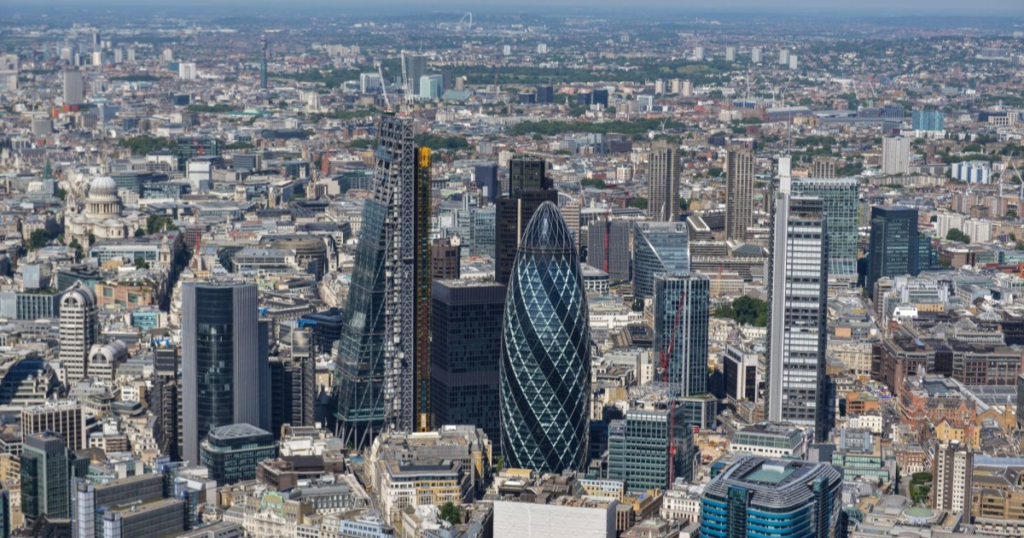Shadow Foreign Secretary David Lammy restated Labour’s promise to combat the issue of illicit money in the UK. He pledged to form a global council with the US, EU, and other allies to work together in fighting corruption if his party wins the next election. Lammy emphasized that dealing with international crime involves both domestic and foreign policies. He pointed out that money from countries like Russia has been causing problems in London for a long time. However, the question remains: Is Labour’s plan to tackle corruption realistic? The current Conservative government has already taken steps to address this issue by introducing new laws against economic crime, aiming to put an end to what some call ‘Londongrad’.
Transparency and Enforcement Act
The first law, the Economic Crime (Transparency and Enforcement) Act 2022, established a registry showing who owns property in the UK if they’re from other countries. This move is already discouraging investment from places with a high risk of illegal activities. Additionally, the Economic Crime and Corporate Transparency Bill, currently being discussed in Parliament, will introduce measures to make the UK’s corporate registry better and stop it from being misused by corrupt individuals and criminal groups.
The government has also promised to include a new offense called ‘failure to prevent fraud’ in the bill. This would make companies responsible for preventing fraud. Furthermore, they shut down the golden visa program in February 2022, which was seen as a way for illegal money to enter the UK easily. They’re also reviewing similar programs, although it’s not clear if changes will be made yet.
Last week, the government announced some new steps in a plan to fight financial crime from 2023 to 2026. They introduced 48 actions to stop illegal money movements, fight against corrupt leaders, and prevent fraud. They also said they would start two new strategies. One will focus on stopping fraud, and the other will target corruption. They promised that the plan against corruption would make it harder for rich, corrupt people to hide their money in London and make themselves look good. They also said they will make law enforcement stronger.
Right now, there isn’t enough information about what the party’s plans entail, including what the Transatlantic Anti-corruption council would do and achieve, both internationally and domestically. There’s a chance that the council (and any promised anti-kleptocracy summit) might just end up being another international meeting without much real impact, especially if the Republicans win in the US in 2024. So, what could the Labour Party do to demonstrate ambition in this area?
Significant strides taken
Firstly, they should acknowledge the progress made by the Conservative government so far. Within just over a year, significant strides have been taken. Much of this progress can be credited to the hard work of civil servants, who used Russia’s invasion of Ukraine to push through reforms that had been in the pipeline for some time. This progress was also aided by genuine cross-party pressure in Parliament, pushing the government to go as far as possible, alongside commitment from ministers like Tom Tugendhat, Andrew Mitchell, and Kevin Hollinrake. Labor should pledge to continue this work and elevate it to the next level.
Secondly, Labour should look to other governments for inspiration. For instance, last week, the Biden administration in the US revealed the steps it has taken in the past year to tackle kleptocracy. They established an anti-corruption policy board for the State Department, issued an anti-corruption policy for the USAID program, provided funding for investigative journalists and their defense against defamation cases, and introduced a whistleblower reward scheme offering up to $5 million for information leading to the recovery of corrupt assets. There are a lot of good practices here that Labour could adopt or adapt.
Thirdly, any plan to combat illicit money should go beyond just foreign affairs. A comprehensive anti-kleptocracy strategy from the shadow home, treasury, and foreign secretaries could benefit from examining the EU’s recent proposals unveiled last week to address money laundering. These proposals include establishing a strong overseer of regulators to ensure that money laundering rules are truly effective.
Fourthly, if Labour aims to demonstrate that it would surpass the current government’s efforts, it should enhance the UK’s anti-corruption sanctions system. This entails developing a clear and consistent policy to support those sanctions and establishing an independent panel to oversee their implementation.

